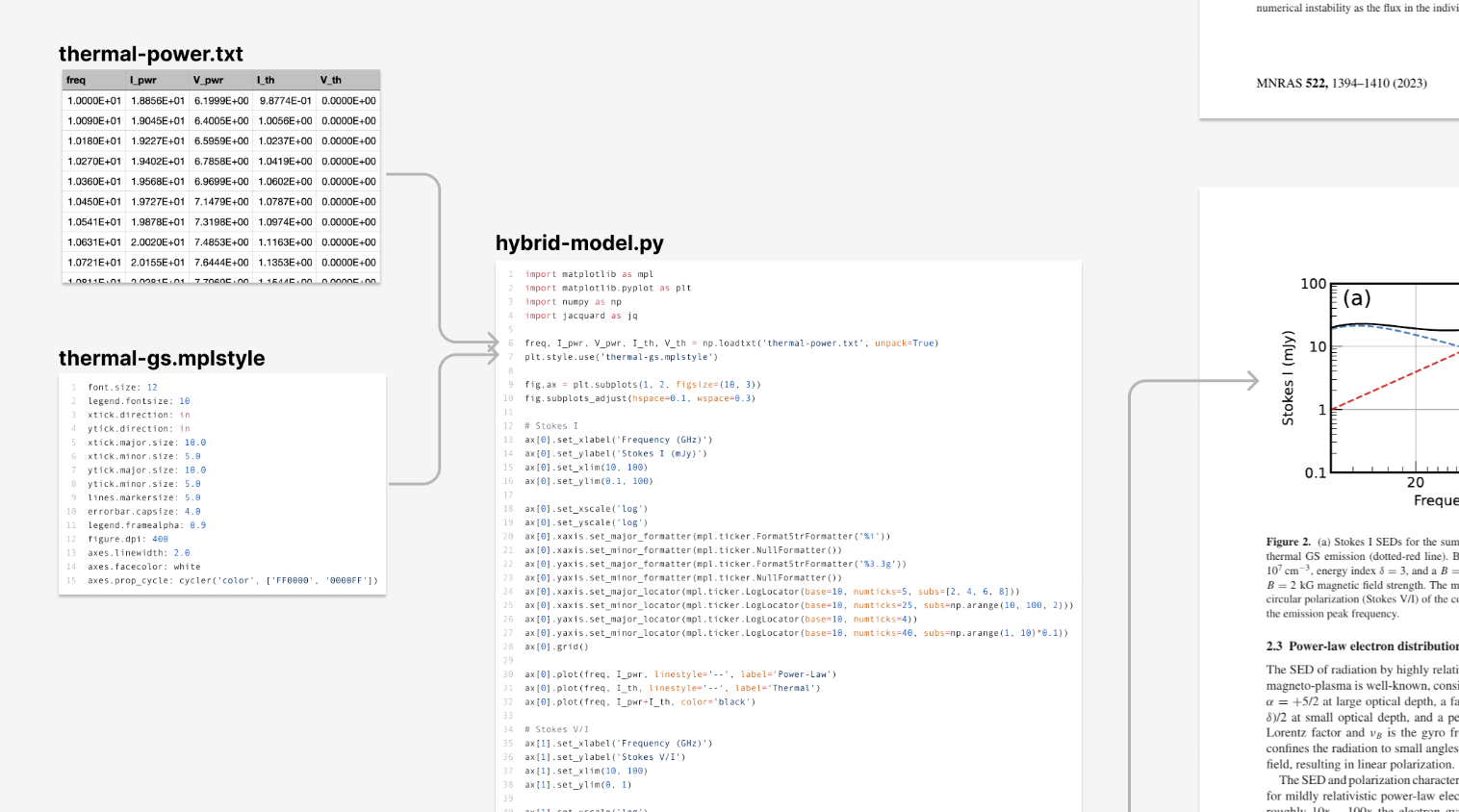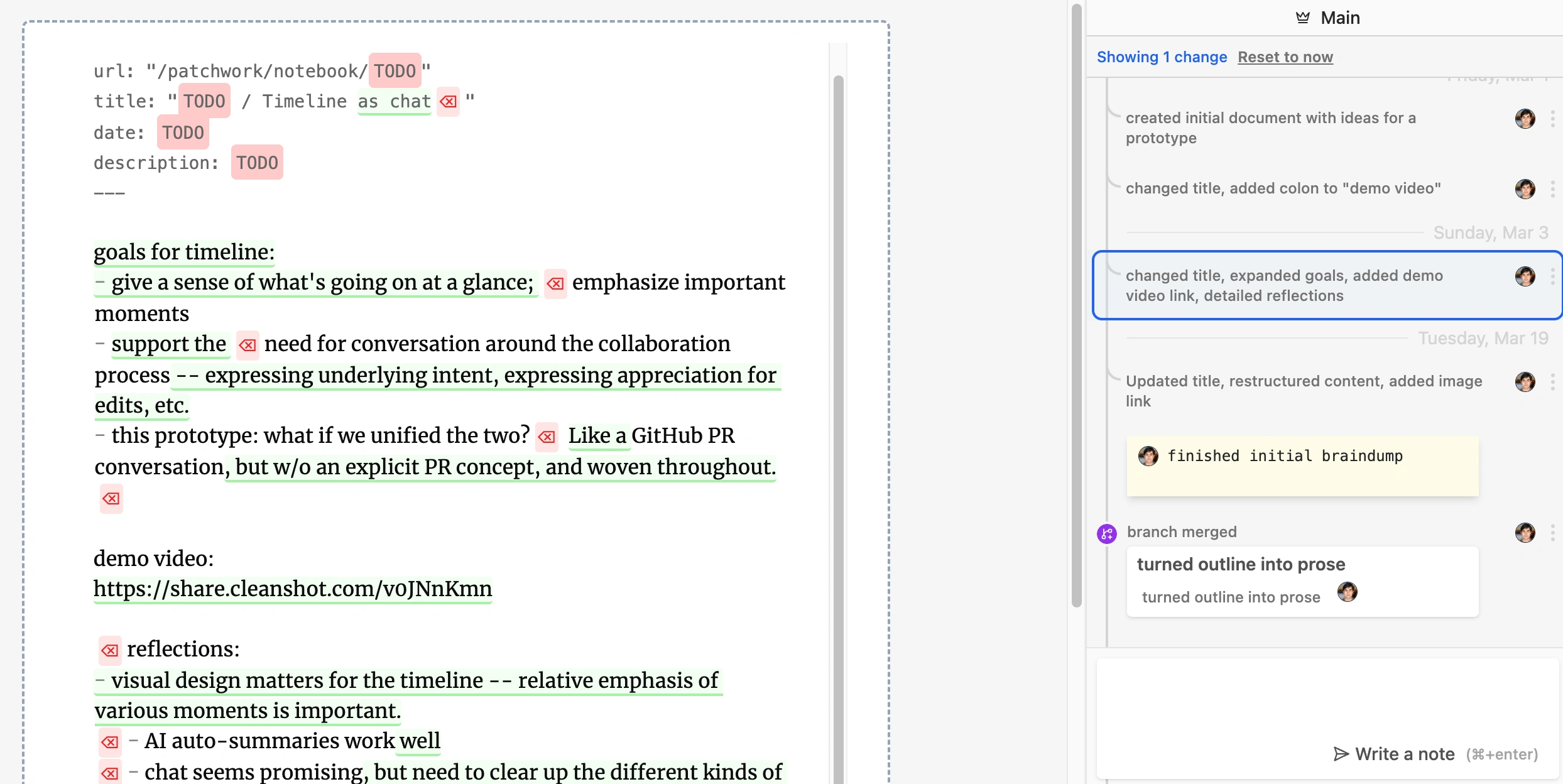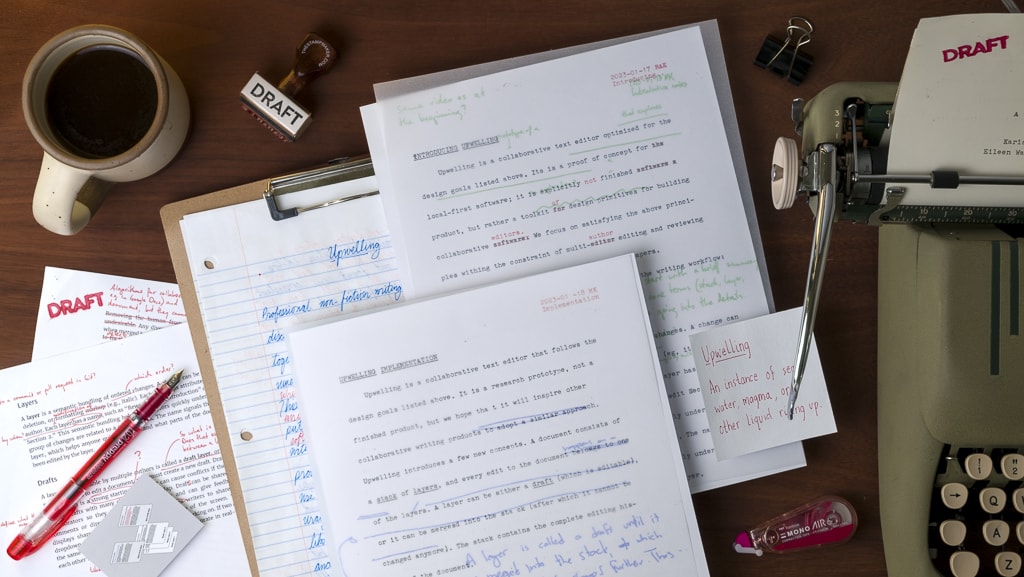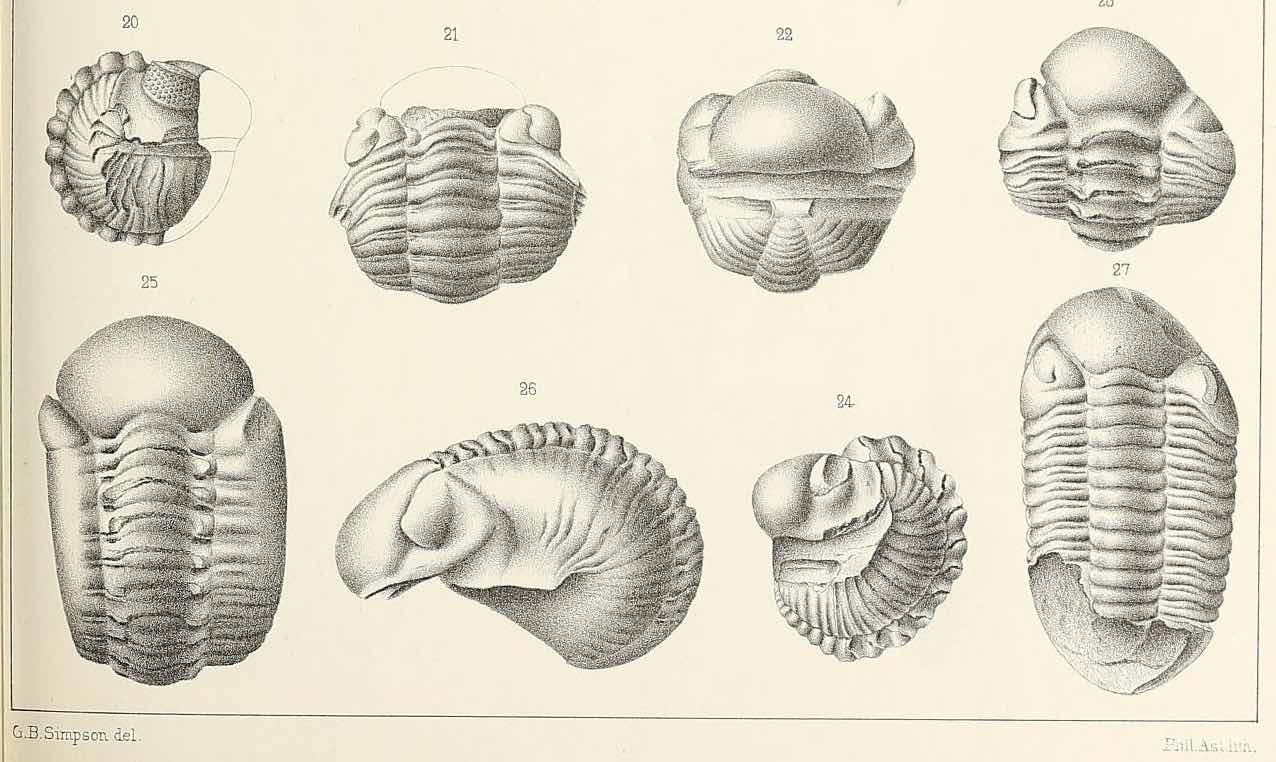Creative work is collaborative. Scientists co-author papers, writers share their work with their editors, lawyers red-line contracts. We even collaborate with ourselves through acts such as journaling and across our devices as we go through our day. Today, we also increasingly collaborate with LLMs and other AI agents.
The value of collaboration tools is already understood by many creatives. Developers use Git to work in parallel and record history. Writers “Track Changes” in Word to suggest and review edits. Designers copy-paste artboards in Figma to explore variations.
But these tools are very fragmented. Each domain has their set own set of tools that only works in a very limited context. Git is very powerful, but it has a steep learning curve and it can only merge plain text files. Cloud software offers realtime collaboration, but lacks more sophisticated tools to review changes and gives users no creative privacy.
We want to research universal version control tools that work for everything and everyone.
Every person should be included, whether they are youth, artists, and or technical professionals.
Every medium, not just text but also images, video, audio, or 3D models, should have rich tools to examine the history, review changes, and evaluate alternatives.
Every collaboration should be served by a single set of tools. Our collaboration tools should scale from casual synchronous collaborations like writing meeting notes to more formal asynchronous collaborations like negotiating a contract.

We’ve kept a habit writing notes during two recent projects: Jacquard & Patchwork.




